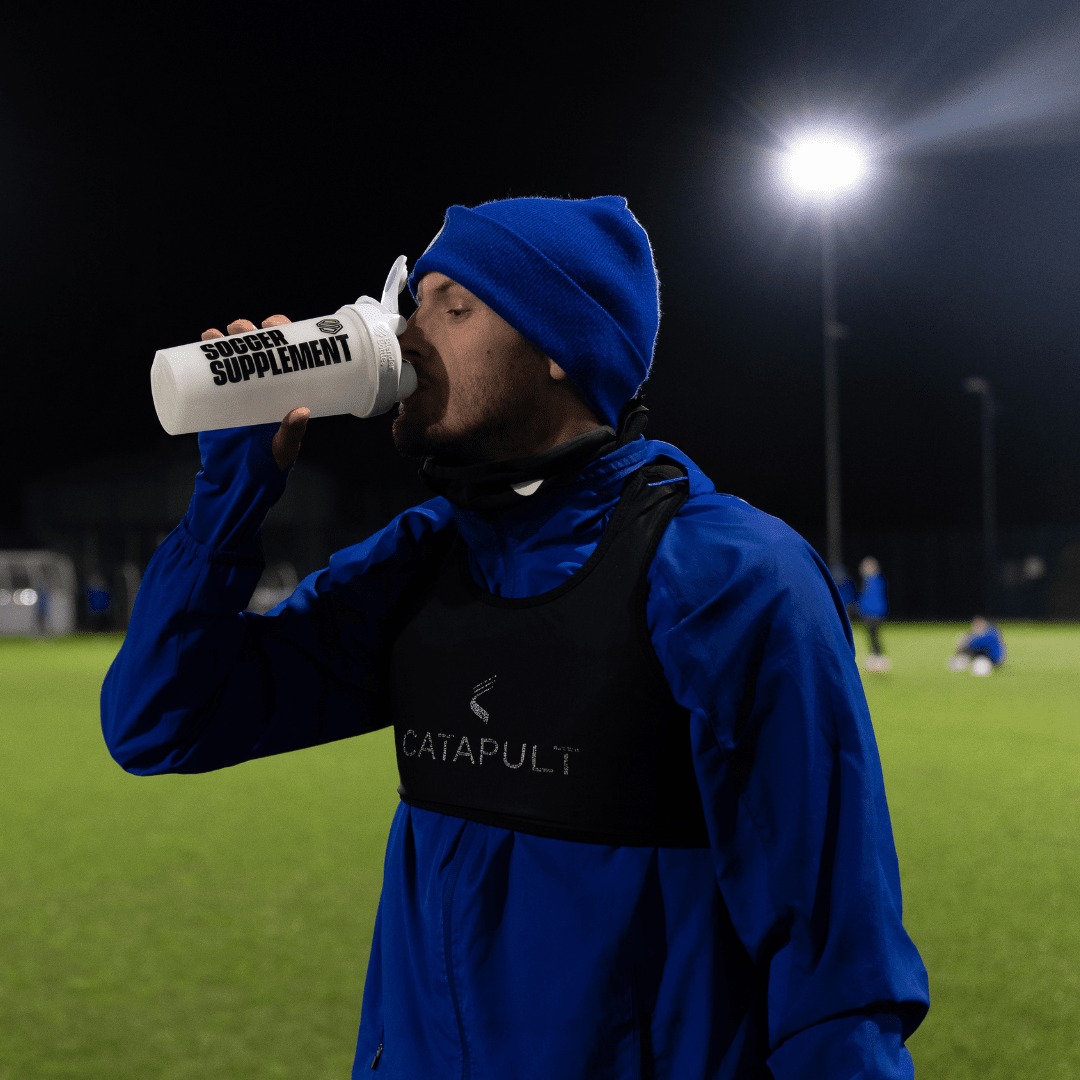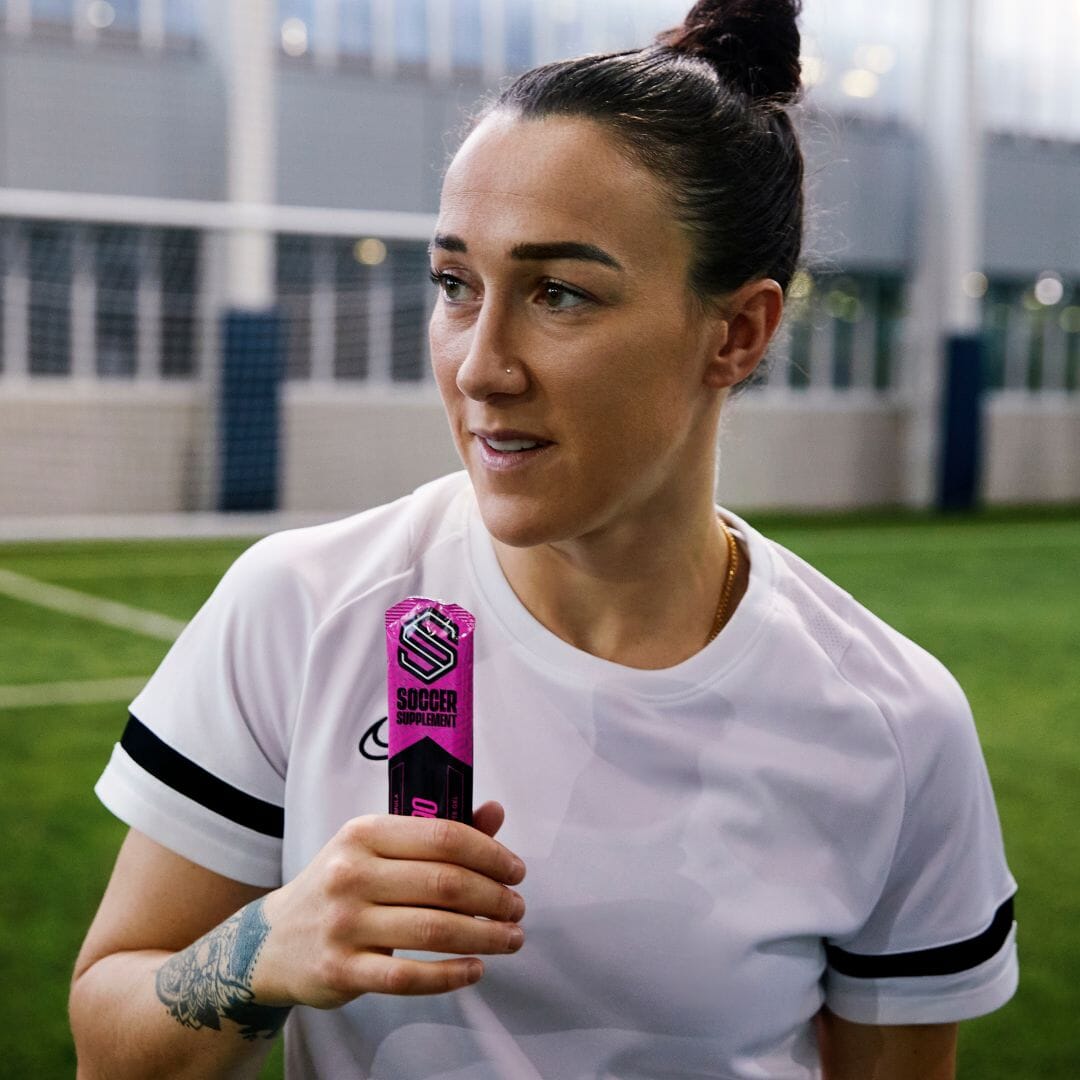As we touched on in the last post, protein quality plays a key role in determining resistance exercise-induced muscle hypertrophy (muscle growth), as well as recovery from training.
Alongside the digestibility of a given protein source, its essential amino-acid (EAA) content, particularly leucine, strongly influence its overall anabolic and recuperative properties of protein.
In the attached graphic, I’ve shown the EAA and leucine contents of various protein sources. As you can see, animal protein is generally of much better quality than plant-based protein. Way ahead (no pun intended!) on a scale of protein quality is whey protein, with isolate (WHEY90®) being the best of the different types of whey on the market.
What this ultimately means is that if you’re vegan, or consume most of your protein from plant sources, you’ll need more of it. How much? It’s hard to say; though we know that roughly 25-40g of high-quality protein (the equivalent to 3 g of leucine) will maximally stimulate your body’s production of new muscle protein. To reach this same leucine intake from many plant-based sources, you can expect to consume an additional 10-20% of protein, or supplement said meal with a scoop of whey powder.

Reference
van Vliet, S., Burd, N. A. & van Loon, L. J. The Skeletal Muscle Anabolic Response to Plant- versus Animal-Based Protein Consumption. J. Nutr. 145, jn.114.204305- (2015)






